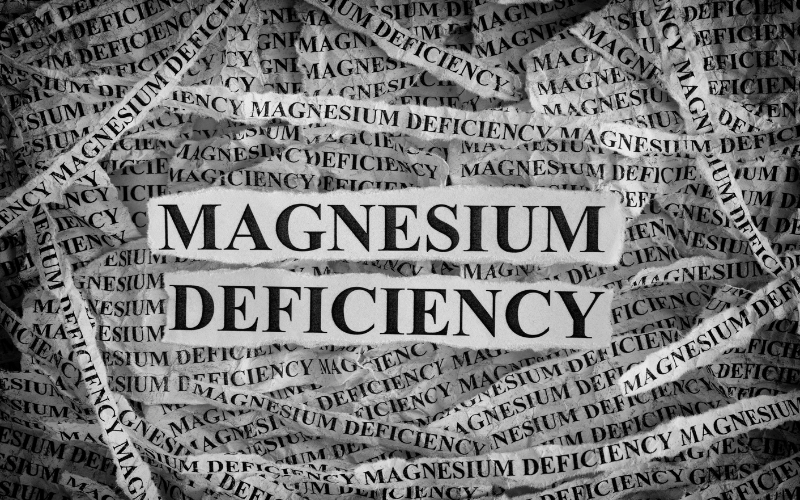Cause 8: Chronic Magnesium Deficiency
In the human body, everything is interconnected in a fine and delicate balance. This is particularly true for electrolytes, the minerals with an electric charge that are pivotal in a host of bodily functions. Among these, potassium and magnesium share a unique and crucial connection, so much so that deficiency of one can tip the scales for the other.
To understand this, we must first appreciate the pivotal role of magnesium. While not as widely discussed as calcium or iron, magnesium is an unsung hero in the realm of health. Involved in over 300 biochemical reactions in the body, magnesium aids in nerve and muscle function, maintains heart rhythm, supports a healthy immune system, and strengthens bones. Among this myriad of functions, one role that stands out is its involvement in potassium metabolism.
Just like potassium, magnesium is an intracellular ion, meaning it primarily resides inside the cells. It plays a vital role in maintaining intracellular potassium levels. This is because magnesium assists in the transport of potassium ions across cell membranes, a crucial process for numerous physiological functions, including nerve impulse conduction, muscle contraction, and heart function.
But what happens when magnesium levels take a nosedive? This is where the link to Hypokalemia emerges. Chronic magnesium deficiency can disrupt potassium balance, leading to a decrease in serum potassium levels.(*)
